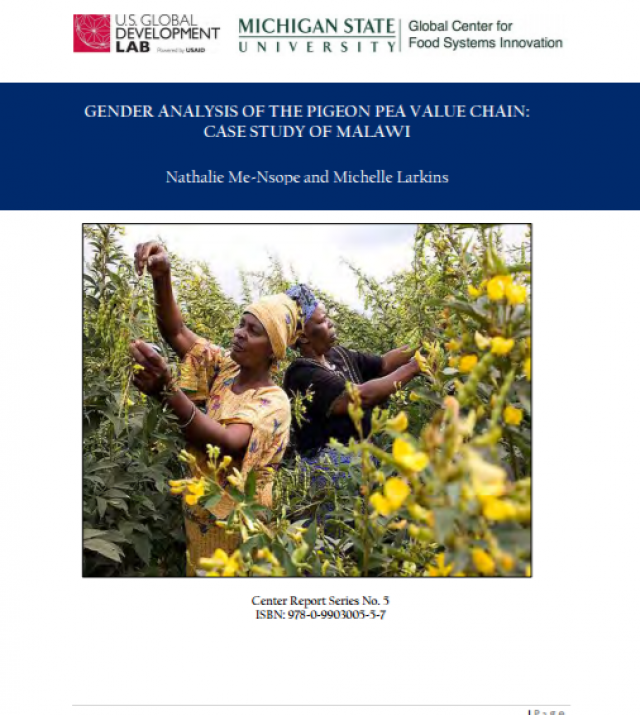
Recommendations for Early Prevention of Crop Pest and Disease Outbreaks

In 2014, Catholic Relief Services (CRS) Burundi launched the five-year Amashiga Development Food Assistance Program (DFAP) awarded by Food for Peace (FFP)/United States Agency for International Development (USAID). Implemented across 230 collines1 in all 7 communes of Burundi's Muyinga Province, the program is designed to yield sustainable and nationally replicable improvements in children's nutrition. Amashiga is focused on three integrated sectoral purposes (nutrition, agriculture, and governance) as well as cross cutting gender programming aimed at promoting equitable decision-making within households.
The Amashiga program has focused its efforts on supporting farmers to mitigate the effects of two crop pest and disease threats relevant in the Muyinga Province - Fall Army Worm (FAW) and Banana Xanthomonas Wilt (BXW). To protect farmers from this crop pest and banana disease, Amashiga has encouraged adoption of a range of improved agricultural techniques while also supporting EWS to promote early detection of and response to these agricultural risks which threaten food security and nutrition in the province.
As both the on-going BXW disease and relatively new FAW infestation have posed significant threats to the food security of vulnerable communities in the Muyinga Province during the Amashiga program lifetime, the consortium team has continued adapting and honing its approach to inform best practices related to pest and disease control. This case study summarizes these refined strategies, documenting best practices for future programming in Burundi and offering lessons learned for adaptation in other contexts plagued by similar agricultural risks.
